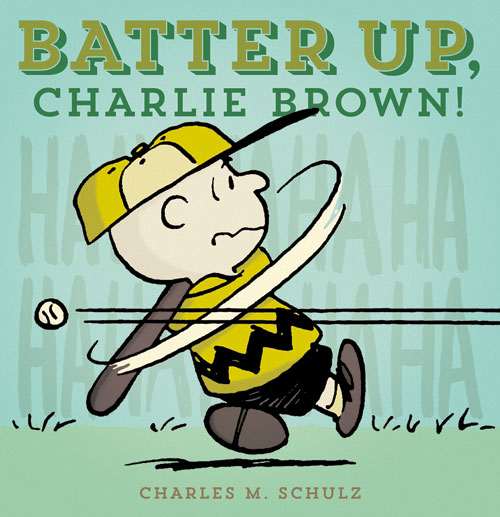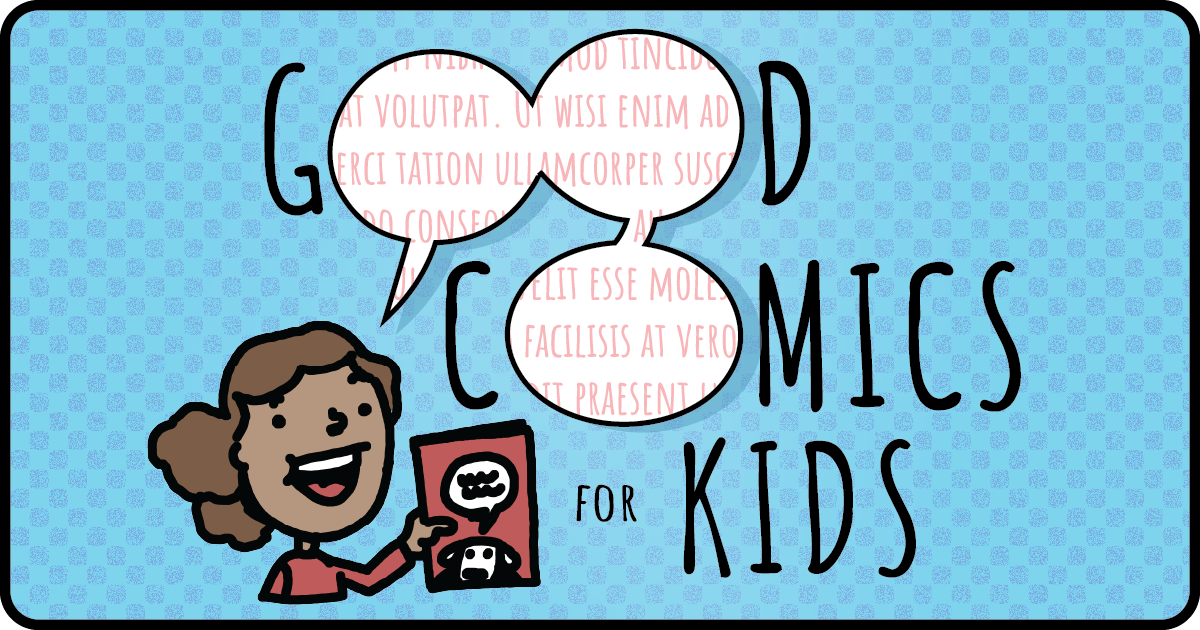
Review: ‘Batter Up, Charlie Brown!’
 Batter Up, Charlie Brown!
Batter Up, Charlie Brown!
By Charles M. Schulz
Fantagraphics; $9.99
As an athlete, Charlie Brown may be best known for never being able to connect with the football that Lucy always snatches away from him mid-kick, but football was of only one of the sports he was doomed to fail at. He didn’t have much more luck when it came to baseball.
This lovely little collection serves as a sort of companion to publisher Fantagraphics’ 2012 gift book Charlie Brown’s Christmas Stocking. As with the previous book, Jacob Covey provides the beautiful book design, with a limited palette of spring-appropriate yellows and greens (and a dash of browns) on the cover and dust jacket. The interior comics are black and white, although they appear on a grayish paper, visually (if not tactilely) evocative of the newspaper page.
ADVERTISEMENT
ADVERTISEMENT
But while Christmas Stocking featured a pair of picture book style stories from mid-60s women’s magazines, Batter Up collects a trio of stories from the Peanuts strip, each of which deals with Charlie Brown’s lovable losing baseball team.
The four-panel strips are broken in half and the halves stacked atop one another, so that each perfectly square five-and-three-quarters-inch page contains a single installment of Peanuts, save for the end of the last story, in which each panel of the final strip is given its own page (“Bonus” strips appear on the front and back covers, under the dust jacket).
In the first story, “Manager,” Charlie Brown tries to whip his team of Lucy, Linus, Schroeder and Snoopy into shape before the big game, and ends up thankful to be rained out. It can’t rain forever though, and eventually they’re forced to play, losing 600 to nothing (The mercy rule hadn’t been invented yet, I guess).
In the second, “Batter Up!,” he’s unable to play in the big game with his team because his mother has forced him to take his still-a-baby (and not yet able to talk) sister Sally for a walk in her stroller. He manages to sneak back in time to be the last at bat and, potentially, to be the hero but, well, this is Charlie Brown we’re talking about.
And in the final story, “Slide,” he once again finds himself in the position to win the game for his team, if only he has the nerve and skill to attempt a risky steal of home base in the bottom of the ninth. How does that go? Well, Linus finds Charlie Brown still lying on his back in the ball field that night, telling him “I have been asked to tell you that your cries of anguish are keeping the whole neighborhood awake!”
Schulz’s baseball stories were always interesting because they offered one of the only of his stock set-ups in which Charlie Brown was in a position of power over his football-yanking, psychiatric-advice-dispensing, fussbudget of a frenemy Lucy, and while she still manages to frustrate him like nobody’s business, their roles are rather completely reversed.
ADVERTISEMENT
ADVERTISEMENT
In fact, the baseball stories put Charlie Brown in a leadership role where he’s clearly not comfortable, emphasizing his inadequacies, but, because he is the team’s manager and probably their best player (or at least the best player that is not also a beagle), it allows him to play the straight man to the other characters, and bring the whole cast down to his level.
No, Charlie Brown never seems to catch a break, and no, he never comes out on top, but then, neither do any of the other Peanuts characters who make up his team, and it’s Charlie Brown they all look to lead them, to rally them, and win or lose their games for them. And he does—lose them, I mean.
But, as with the fact that he continues to try and kick that football every time Lucy holds it for him, no matter how many times she’s tricked him and how many times he’s landed on his back previously, Charlie Brown never gives up playing baseball. I’m not sure if there’s a better example of someone who continues to play for the love of a game despite the inevitability of defeat in all of American pop culture.
He might end up flat on his back, he might get laughed at, he might be anxious the night before and depressed the night after, but no matter how humiliating the defeat, Charlie Brown always shows up to play, which is in large part what makes this particular loser such a loveable one.
Filed under: Reviews
About J. Caleb Mozzocco
J. Caleb Mozzocco is a way-too-busy freelance writer who has written about comics for online and print venues for a rather long time now. He currently contributes to Comic Book Resources' Robot 6 blog and ComicsAlliance, and maintains his own daily-ish blog at EveryDayIsLikeWednesday.blogspot.com. He lives in northeast Ohio, where he works as a circulation clerk at a public library by day.
ADVERTISEMENT
ADVERTISEMENT
SLJ Blog Network
One Star Review, Guess Who? (#202)
This Q&A is Going Exactly As Planned: A Talk with Tao Nyeu About Her Latest Book
Parsing Religion in Public Schools
Environmental Mystery for Middle Grade Readers, a guest post by Rae Chalmers
ADVERTISEMENT







